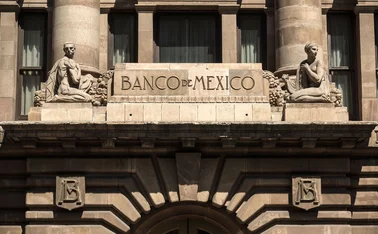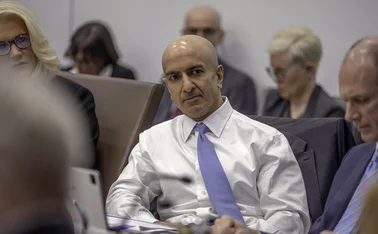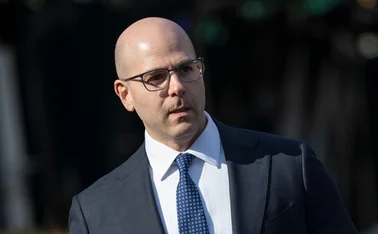
Former PBoC chief explains why RMB evolution brings benefits to China and rest of the world
The internationalisation of the renminbi is needed for a highly open real economy in China

The concept of the internationalisation of the renminbi was put forward only very recently. Former Chinese president Hu Jintao first proposed that improvements were needed in the international currency system at the G20 Summit held in Washington DC in November 2008. Even at that time, the concept of the internationalisation of the renminbi had yet to fully emerge.
Although the advent of the euro had already offered one potential diversification of international currency, China had always been very cautious about the concept of the internationalisation of the renminbi - it had never been mentioned in any official documents or speeches of state leaders. The only reference was achieving the free convertibility of the Chinese currency. So it is odd that foreign media coverage often appears to interpret renminbi internationalisation as a challenge to the dollar, but that distorts our original meaning.
The internationalisation of the currency is actually an objective need for a highly open real economy of China. The country has such a large trade volume and enormous investment that using a third currency in settlement, versus the two currencies of the nations involved in the trade, pushes up costs significantly. In addition, foreign currency held by China will depreciate a lot because we can only use other currencies in transactions. The fact that the renminbi could not be used for settlement restricts the trade development of the country - one of the reasons why China now promotes its international use. There is a focus on the goal of realising the widespread cross-border use of the renminbi and its use in foreign exchange reserves. This is a long-term goal, which may not necessarily be achieved in three to five years.
International system reform
China has clear ideas regarding the reform of the international monetary system. The dollar has long been the main international reserve currency and most of the foreign exchange reserves of China are in dollars.
We have never denied the role of the dollar in foreign exchange reserves, although the US itself should reduce its fiscal deficits and, despite some arguing the euro might collapse sooner or later, we still advocate the steady development of a common European currency.
On the issue of renminbi internationalisation, some financial institutions in the US share the same opinion as the Federal Reserve. I once asked a former New York Fed president about the subject, and he told me that to realise the internationalisation of the Chinese currency, the first step is to develop the renminbi bond market, not necessarily the stock market. When I discussed this issue with former US Fed chairman Alan Greenspan, he said that the internationalisation of China's currency relies on our confidence. That China's economic aggregates have reached that of its major international levels does not necessarily guarantee the international use of its currency. Moreover, the policy of the central bank should also be more transparent.
Originally we did not intend to attempt to improve the international monetary system, but the internationalisation of our currency could well promote the improvement of the global system because it could make currencies more stable in more and more countries, which is beneficial for the free convertibility of the renminbi.
But there is no such a thing as a timetable for the internationalisation of the Chinese currency. Foreigners often ask me when we will realise full convertibility of the renminbi, but we don't have a specific schedule - neither hypothetical nor confidential. China will promote and speed up the internationalisation of its currency step by step, according to its economic conditions and financial status.
At this stage, renminbi internationalisation is neither challenging the role of the US dollar nor changing the world monetary system. People are divided on the subject, but it is hoped that we can reach consensus through discussion.
Only users who have a paid subscription or are part of a corporate subscription are able to print or copy content.
To access these options, along with all other subscription benefits, please contact info@centralbanking.com or view our subscription options here: www.centralbanking.com/subscriptions
You are currently unable to print this content. Please contact info@centralbanking.com to find out more.
You are currently unable to copy this content. Please contact info@centralbanking.com to find out more.
Copyright Infopro Digital Limited. All rights reserved.
As outlined in our terms and conditions, https://www.infopro-digital.com/terms-and-conditions/subscriptions/ (point 2.4), printing is limited to a single copy.
If you would like to purchase additional rights please email info@centralbanking.com
Copyright Infopro Digital Limited. All rights reserved.
You may share this content using our article tools. As outlined in our terms and conditions, https://www.infopro-digital.com/terms-and-conditions/subscriptions/ (clause 2.4), an Authorised User may only make one copy of the materials for their own personal use. You must also comply with the restrictions in clause 2.5.
If you would like to purchase additional rights please email info@centralbanking.com








